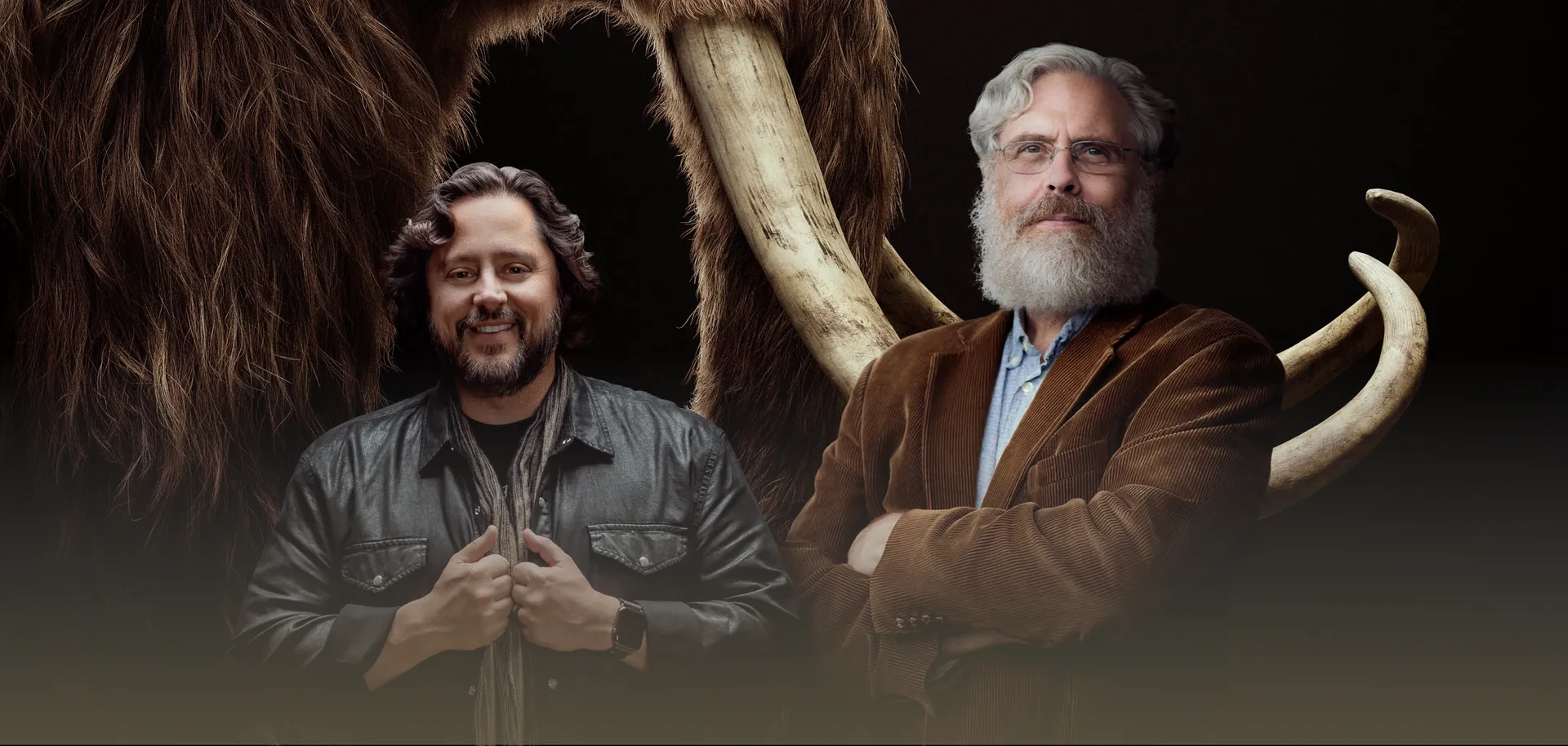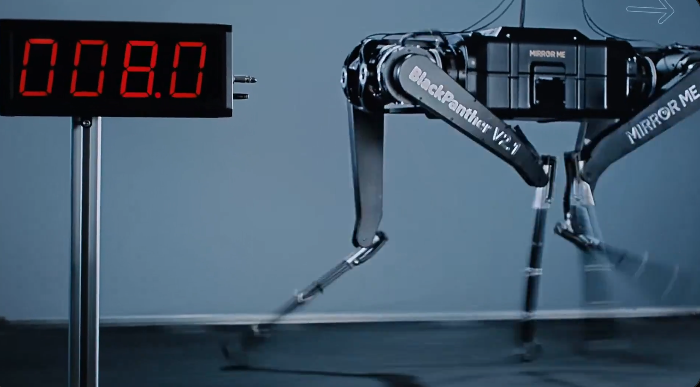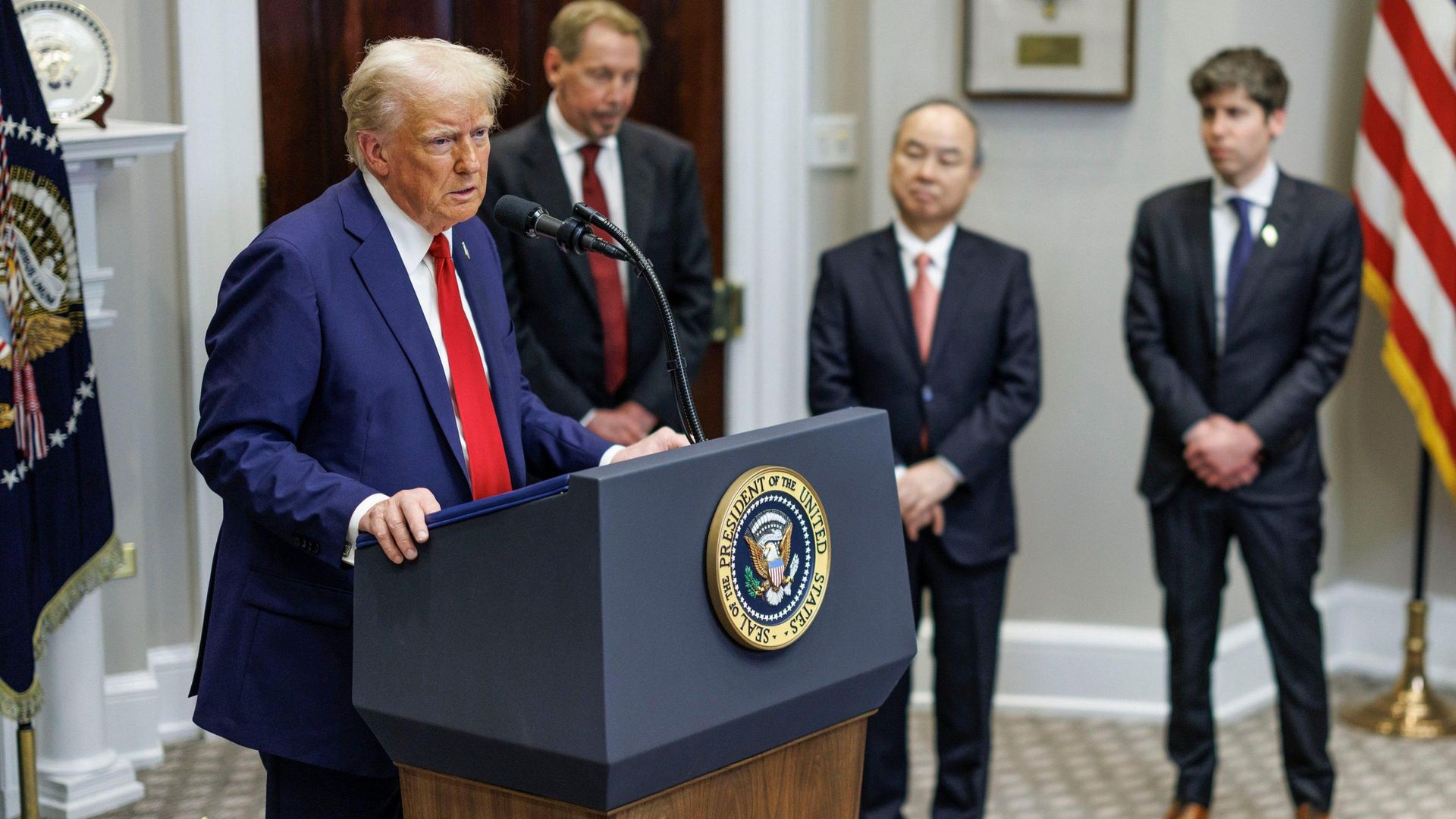Colossal Biosciences Raises $200M for Mammoth Resurrection
Colossal Biosciences, a biotech company founded to tackle biodiversity loss, has secured $200M in Series C funding, bringing its valuation to $10.2B. The company is pushing the boundaries of genetic engineering to resurrect extinct species like woolly mammoths, thylacines, and dodos. It has completed genomic mapping for the mammoth and thylacine and is leveraging CRISPR technology to modify DNA from their closest living relatives.
How Will They Revive Extinct Species?
The revival process begins with comparing the genome of the extinct species to that of its closest living relative. For example, Colossal is using the Asian elephant’s genome to create a hybrid mammoth embryo. Scientists edit the elephant’s DNA to incorporate genes responsible for cold resistance and other mammoth traits. The next step involves implanting the modified embryo into a surrogate elephant or, ideally, into an artificial womb.
Colossal is also developing artificial wombs that could address broader challenges, including infertility in humans. These wombs would allow the gestation of future generations of “resurrected” animals without relying on surrogates.
Why Are Investors Excited?
Although Colossal has no current revenue, it plans to monetize its innovations in various ways. Biodiversity credits could become a new market for countries seeking to restore ecosystems. Governments have shown interest in using the company’s technologies to conserve endangered species and revive culturally significant ones.
Additionally, Colossal plans to spin off three companies within the next two years. One of these will focus on artificial womb technology, which has the potential to revolutionize reproductive healthcare. The company already operates two spin-offs: Breaking, which tackles plastic decomposition, and Form Bio, specializing in computational biology.
Mammoth Resurrection: The Future of Biodiversity and Biotech
Colossal’s mission aligns with increasing global awareness of biodiversity loss. If successful, their work could transform ecosystems and establish new industries. Their efforts demonstrate how biotechnology can address both ecological and economic challenges.






